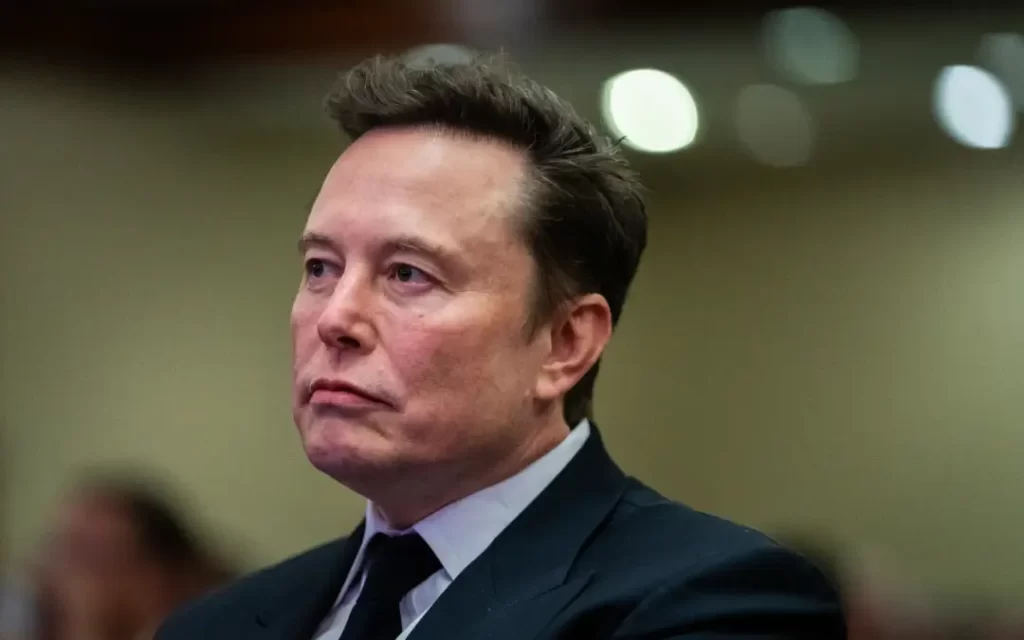Since Elon Musk acquired Twitter in 2022 and rebranded it as X, the platform has undergone dramatic changes. What was once seen as a digital town square has become a polarised hub of controversy, where divisive voices and misleading content often take centre stage.
In 2024, X’s influence on political discourse grew significantly, despite having fewer users than other major platforms. High-profile politicians, governments, and even Musk himself have used it to shape narratives. Musk’s alignment with Donald Trump, whom he endorsed during the 2024 U.S. presidential election, has raised questions about how social media bosses might navigate relationships with the incoming administration.
One striking trend this year has been the rise of accounts like Inevitable West, which amassed over 130,000 followers in just two months. Known for its far-right rhetoric and controversial posts, the account has become a lightning rod for debate. Its creator, who claims to be part of “Gen Z” and a “defender of Western values,” argues that X’s uncensored environment is exposing corruption and shifting politics to the right.
Embed from Getty ImagesX’s changes have also reshaped how users interact with the platform. The block function was altered, making it easier for blocked accounts to view posts, and likes were made private. Meanwhile, the introduction of subscription tiers—ranging from £10 a month in the UK—has given paying users more prominence and the ability to monetise their content.
However, these changes have sparked concerns about moderation and misinformation. While X allows community notes to fact-check posts, it lacks clear rules to de-monetise accounts spreading falsehoods. Critics argue that the platform’s algorithms now prioritise divisive content, creating an “artificial environment” that amplifies polarisation.
Embed from Getty ImagesFor some users, X has become an unexpected source of influence. One account, Andi, shared a meme that garnered 45 million views, comparing his reach to that of Joe Rogan. Others see the platform as a way to advance personal causes, even if they never intended to become influencers.
Yet, X’s evolution has also driven some users away. Platforms like Bluesky, founded by Twitter’s former CEO Jack Dorsey, have gained traction as alternatives. Meanwhile, governments worldwide are tightening regulations, with the UK’s Online Safety Act and Australia’s ban on social media for under-16s signalling a growing push for accountability.
As X continues to evolve, it remains a powerful force in shaping public discourse. But with its emphasis on free speech and controversial content, it’s clear that Musk’s “social experiment” is far from over—and its ultimate impact on society is still unknown.







